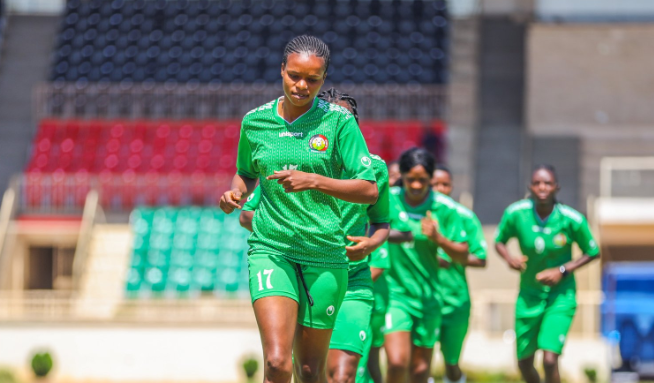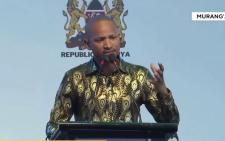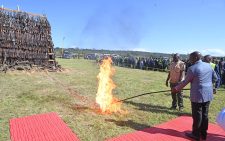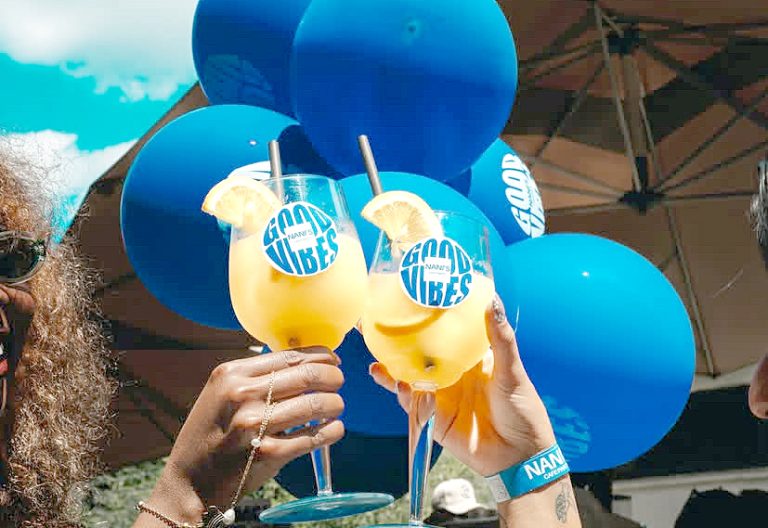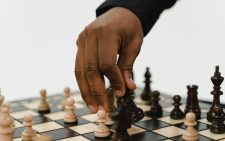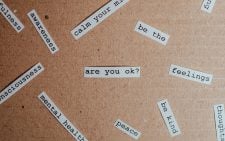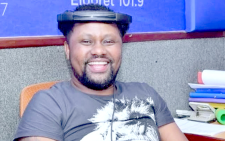Kenyan entertainment industry, coronavirus impact
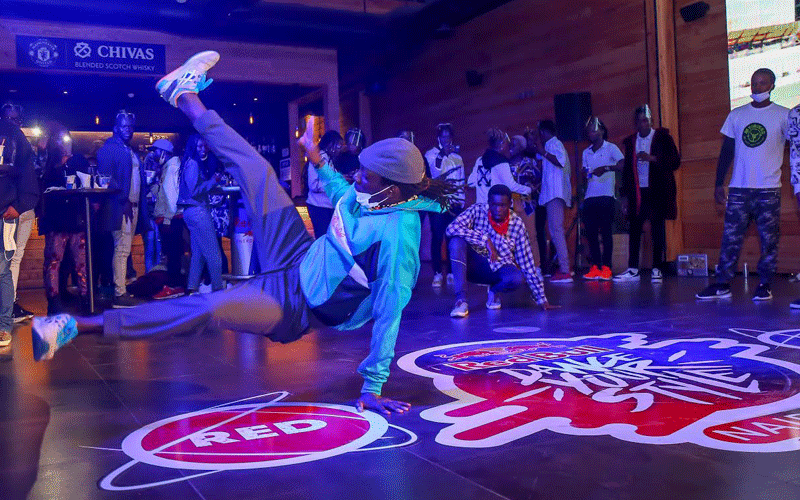
The dance sub-sector of the Kenyan entertainment industry has been in the pit since the onset of the coronavirus crisis. However, as Manuel Ntoyai writes, things are looking up once again as the economy slowly picks itself up from the pandemic’s effects.
Just like any other industry, the entertainment scene is slowly coming to terms in what many are calling the new norm, considering the havoc caused by the Covid-19 pandemic.
Locally, the dance turf is also stirring up with a number of activities across the country, injecting some really needed adrenaline, all in an effort to jumpstart the industry from the effects of the rampaging pandemic.
Dance powerhouse Sarakasi Dancers were amongst the many show headliners whose livelihoods were jeopardised when the call by the government to stop all public gatherings was made in March.
For the crew whose catalogue of clientele goes from corporate shows, ads to music videos, business was suddenly disrupted and delt a major blow.
“The coronavirus crisis forcefully and abruptly made us to put a halt to our business of training at the Sarakasi Dome.
We had many cancelations and postponements from clients here in Kenya and also internationally.
Contracts for our acrobats were cancelled or put on hold too,” Sarakasi Trust managing director Marion Sarakasi tells to Spice.
She adds, “This was extremely hard for our affiliated artistes who are all freelancers.
What we allowed them to do is to use the Dome for their training (never more than five people at a go) while we also looked for alternative work for them mostly as private trainers.
Some artistes got paid work in Covid relief activities. We also managed to get food packs for our artistes through our partnership with like-minded organisation.”
Sweet and sour
But this did not mean that people would stop shaking their leg despite being confined indoors most of the time.
With concerts going online, people have been forced to turn their living rooms into dancefloors, as others sought fitness, stress relief or healing through dance.
It has also become a unifying factor, with people across the globe taking part of challenges.
A good example is the viral Jerusalema dance challenge, which in the last two months swept across the world.
As the pandemic wrecked havoc across the globe, protests erupted in the US over the killing of an American black man George Floyd, prompting demonstrations that crossed the Atlantic to other parts of the world, under the Black Lives Matter banner.
One of the few social positives was the usage of dance to bring people together during the protests.
Viral videos of people dancing to Electric Slide and the Cupid Shuffle among other styles, were shared over the internet.
But as the world looks to embrace the new normal, a paradigm shift must also be embraced, laced with changes and highly influenced by technology. Most auditions have been taken online, with challenges taking the centrestage.
Celebrated dancer and dance trainer Joanne Ball-Burgess recently started the Tired Feet Challenge, which among other things, sought to address the mental health state among creatives while throwing in a cash prize, which was claimed by the Wizzards Crew Kenya. The whole process was done online.
Also, in partnership with Trace Eastern Africa, Red Bull on October 29 launched the first ever-Kenyan chapter of Dance Your Style, a global dance challenge that celebrates street dance.
The global challenge, which is in its second year, will take on a digital format and make use of TikTok as the official dance trending app.
“At Trace, we promote Afro-urban music and culture ensuring we empower the youth by enabling them to express themselves creatively.
The energy and character witnessed at the Red Bull Dance Your Style Kenya wave launch is testament to how fresh and vibrant the Kenyan entertainment scene is,” said Trace Eastern Africa managing director Danny Mucira.
New dimensions
Unlike any other dance show, the Red Bull Dance Your Style does not have pre-selected judges to run the show; instead the winner of each battle is selected through a crowd vote.
The challenge is about performance and dance showmanship first, ahead of judging on the more technical aspects of a style.
Currently, as public spaces are slowly opening up, the dance world is fixated with hopes that entertainment scene will open up quickly, more so in their wallet as there are bills to be paid.
“When Nairobi (and the world) started to open up slowly, some contracts came back immediately.
Locally, we have had some work for our dancers and internationally we have sent an acrobat group to Italy and we also have an exchange coming up.
In Nairobi, we have commenced training under strict Covid-19 measures. At the Coast, we have restarted our ‘Talanta na Kazi’ training programme courtesy of the US embassy in Nairobi,” Marion says in conclusion.


